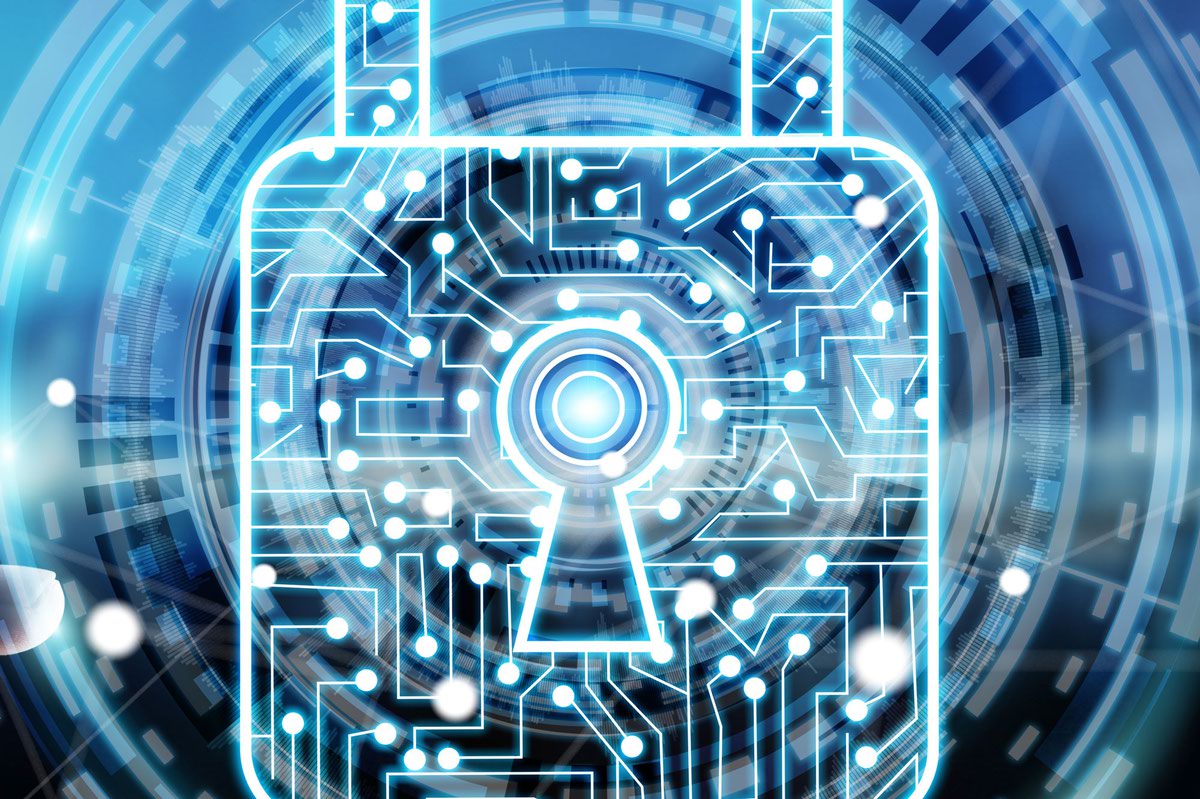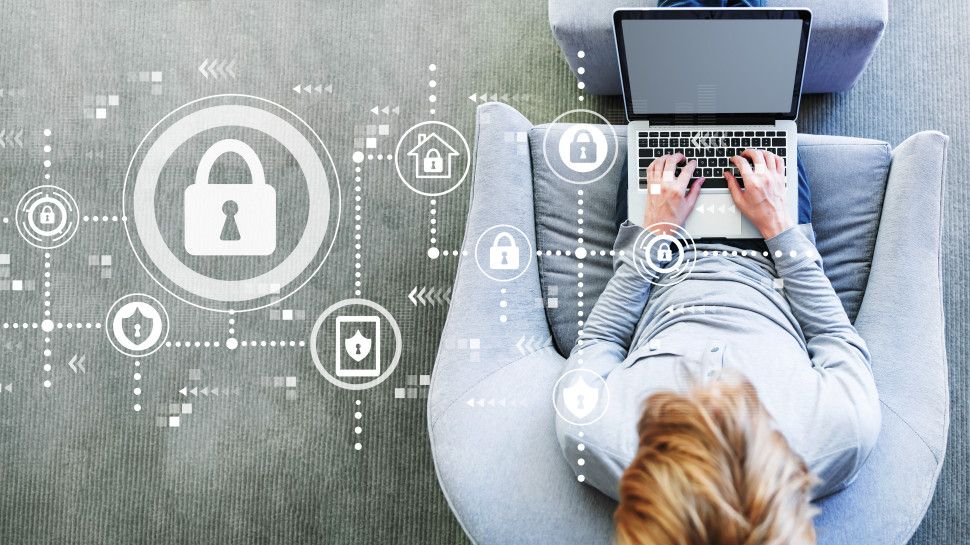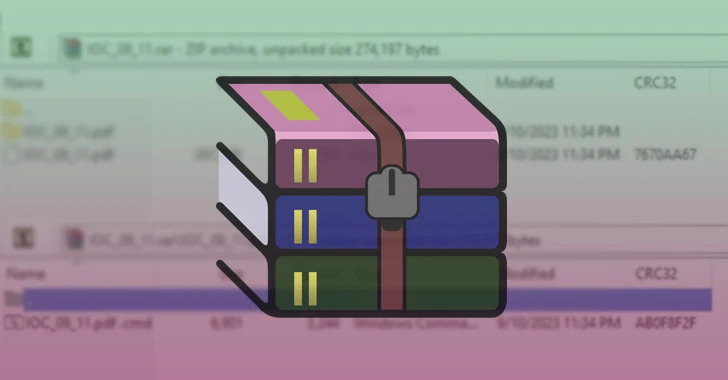Stop that hack: Cybersecurity tips for individuals and small businesses
Big casinos aren’t the only ones that stand to lose from a cyberattack.
“It is inevitable,” says Russell Short, owner of Las Vegas-based cybersecurity company SYN Cyber.
“With the advent of AI technology, that’s going to help [hackers] craft more sophisticated phishing emails. And that’s the number one way of getting in,” he explains, adding that the popularity of working from home also brings new network vulnerabilities to businesses.
Short’s company is a managed service provider that helps with network and cloud security, IT support and security awareness training. He shared a few tips to protect yourself and your business from getting hacked.
Know how to spot phishing and bad links
The No. 1 method of attack is phishing, Short says, which is why awareness is so important. Phishing is a form of social engineering that attempts to get users to give up personal information or click a link that contains malware. It can take the form of an email that appears to be from a legitimate sender, a phone call or text.
Even when surfing the web, users should always verify that a link will take them where they want to go.
“Say you’re looking for espn.com, or Amazon. It’s good to hover over the link and then in the bottom left corner, it’ll show the URL you’re going to. Double-verify to make sure that it is indeed going to amazon.com and not ‘amaz0n’ with a zero instead of an O, or misspelled words.”
The same goes for a link in an email—verify that it will take you where you want to go by hovering over the link and looking at the bottom left corner of the screen.
Strong passwords
You’d be surprised just how easy it is to hack an account with a weak password, Short says. Certified Ethical Hackers like SYN Cyber have tools that can be used to test the strength of passwords: “If they have a weak password—just a dictionary word and a number and one exclamation point—we crack those in under two seconds.”
Short recommends having a password with 10-15 characters that is not a dictionary word and has upper and lowercase characters and numbers. “If you remember your passwords, they’re not strong enough,” he says, adding that people should not recycle…


